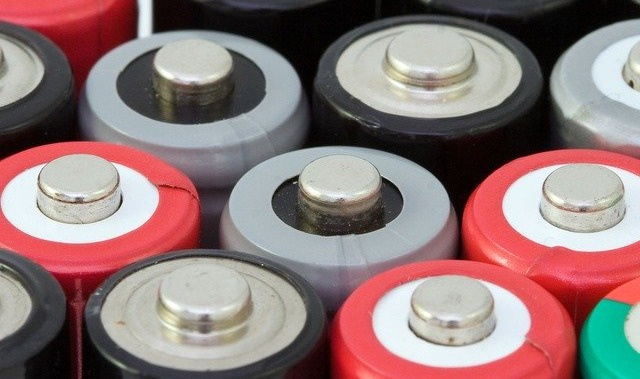
Background
Batteries are described as an alternative technology to lithium batteries which are currently in widespread use. New proposed battery technology will have significantly lower environmental impact than the lead-based systems.
Technology
Magnesium batteries remain promising as possible replacements for lithium-ion batteries. Materials within new technology utilize new natural earth abundant material. Manganese oxides can be turned to dimensions suited for ion transport. Magnesium is more abundant than lithium and is air-stable.
Advantages
Batteries are becoming increasingly significant as the power source installations increase in size - Lower environmental impact than the lead-based systems, with low-cost materials
Inventors
Kenneth Takeuchi, SUNY Distinguished Professor, Chemistry
Esther Takeuchi, Distinguished Professor, Material Science & Chemical Engineering
Amy Marschilok, Research Professor, Material Sciences & Chemical Enginneering
Licensing Potential
Development partner - Commercial partner - Licensing
Licensing Status
Available for license. We seek to develop and commercialize, by an exclusive or non-exclusive license agreement and/or sponsored research, with a company active in the area.
Licensing Contact
Donna Tumminello, Assistant Director, Intellectual Property Partners, donna.tumminello@stonybrook.edu, 6316324163
Tech Id
8525
